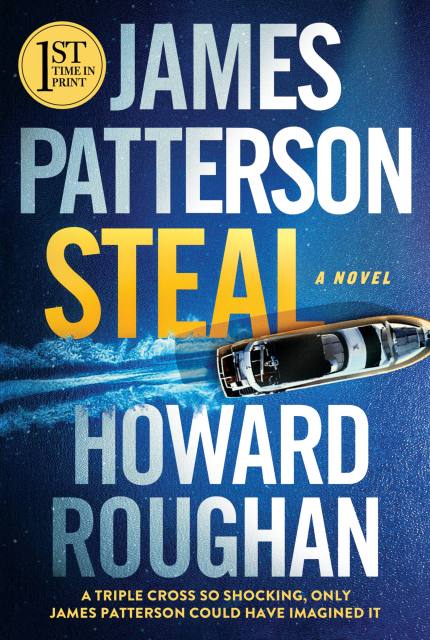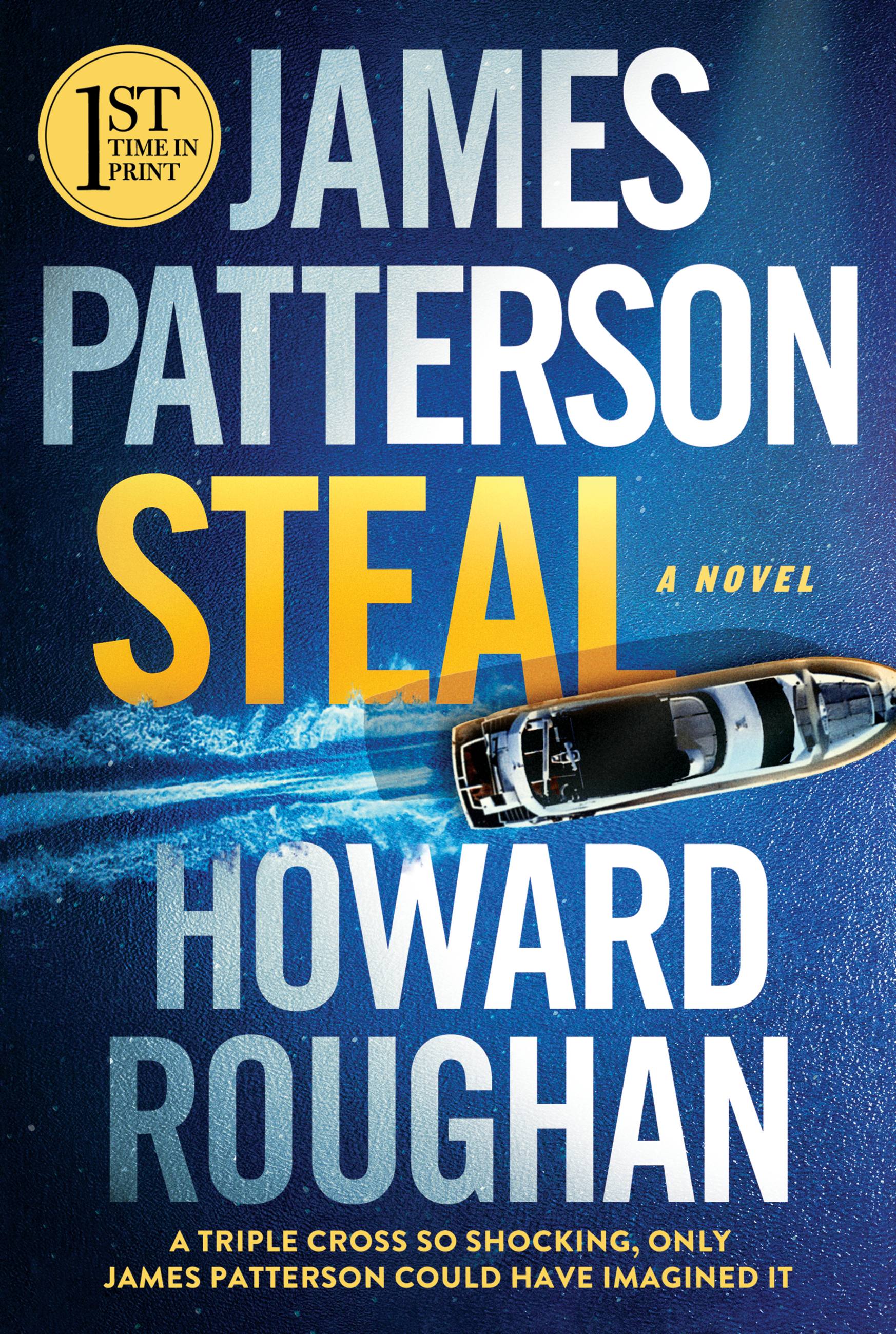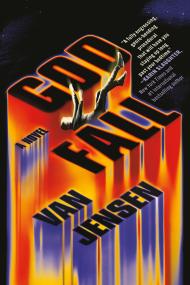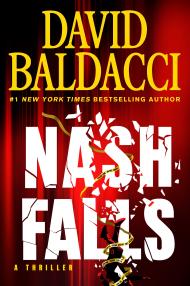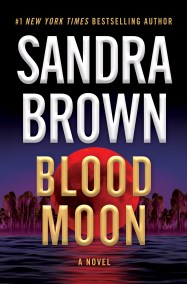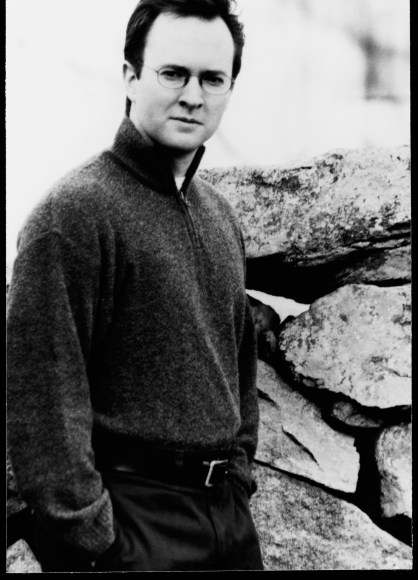By clicking “Accept,” you agree to the use of cookies and similar technologies on your device as set forth in our Cookie Policy and our Privacy Policy. Please note that certain cookies are essential for this website to function properly and do not require user consent to be deployed.
Steal
Contributors
Formats and Prices
- On Sale
- Feb 8, 2022
- Page Count
- 400 pages
- Publisher
- Grand Central Publishing
- ISBN-13
- 9781538703540
Price
$32.00Price
$40.00 CADFormat
This item is a preorder. Your payment method will be charged immediately, and the product is expected to ship on or around February 8, 2022. This date is subject to change due to shipping delays beyond our control.
Buy from Other Retailers:
Art galleries and casinos, mansions and brothels, billionaires and thieves—only the world’s #1 bestselling author, James Patterson, could create a triple-cross this decadent and suspenseful.
Imagine everyone’s surprise when Carter von Oehson, a sophomore in Dr. Dylan Reinhart’s Abnormal Psychology class, posts on Instagram that he plans to kill himself.
Twenty-four hours later and still no one has seen him. A massive search ensues. But when Carter’s sailboat rolls in with the tide without him or anyone else on it, the worst seems to be confirmed. He really did it … or did he?
The one person convinced he’s still alive is his father, Mathias von Oehson, founder and CEO of the world’s largest hedge fund. But what Mathias knows and how he knows it would ultimately reveal a secret so damaging that it would be as if he were committing suicide himself. There’s no way he can go to the police. But there’s still someone he can turn to.
Dylan now finds himself wrapped up in multi-million-dollar secrets and danger and it’s going to take every bit of his wit, and the brilliant and headstrong NYPD Detective, Elizabeth Needham, to stay ahead of both his enemy … and his employer.
Newsletter Signup
By clicking ‘Sign Up,’ I acknowledge that I have read and agree to Hachette Book Group’s Privacy Policy and Terms of Use
